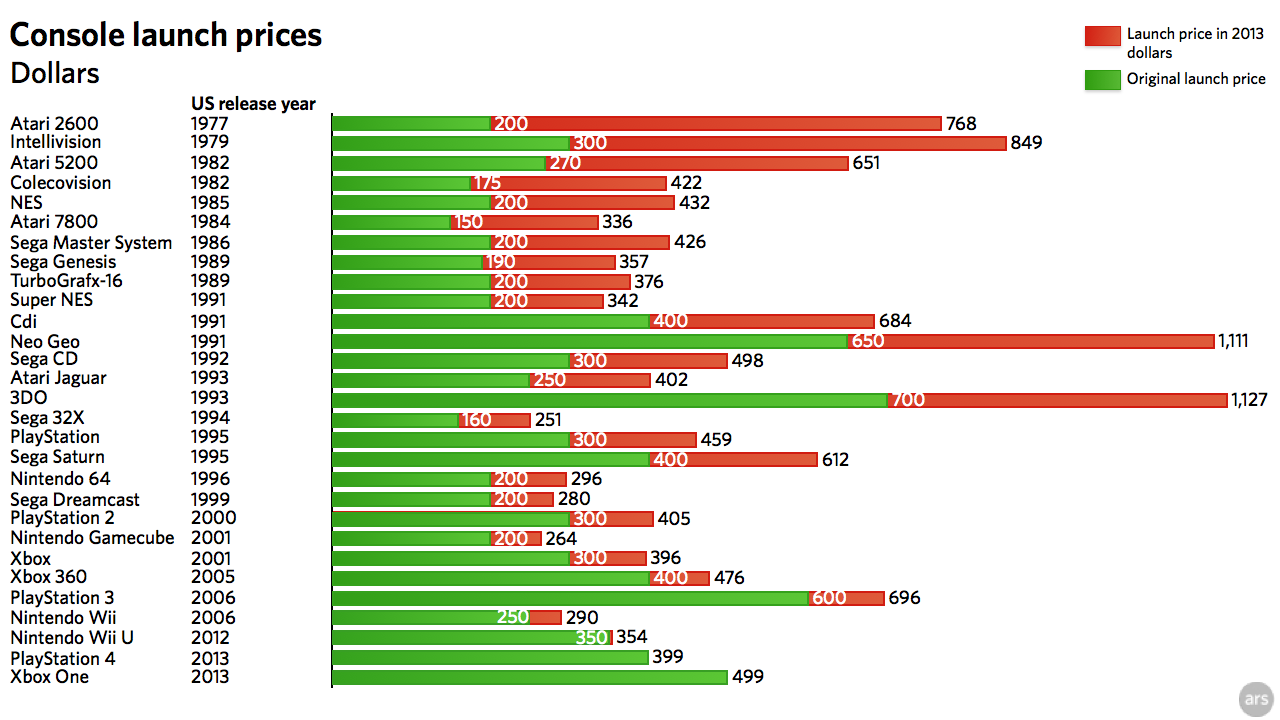
There is a lie being repeated that America has a regressive tax system, that the rich pay a lower percentage of their wealth than the middle class. Instead, we have a progressive tax system that has done a great job of keeping inequality in check.
As I've said before, there's nothing wrong with inequality. What we should focus on is the well-being of the poor, and
the poor in America enjoy a high standard of living.
The recent
Bruce Meyer episode of Econtalk made a compelling point that inequality is much lower than the pundits claim because they are merely looking at pre-tax income. Once you factor in taxes, consumer spending and government assistance programs like the earned income tax credit you see a much different picture observe.
Both the left and the right make the mistake of focusing on the top tax bracket in the past,
which was higher than it is today, but affected few people. A
much larger percentage of our federal taxes paid by the wealthy, and it's not just because they have more of the wealth. We are seeing lower taxes for the poor and middle class.
Enter Warren Buffet and the claim that he pays a lower tax rate than his secretary,
whose income was never identified.
He claimed he paid 17.4 percent while everyone else in his office pays 31 to 44 percent.
Greg Mankiw said that isn't even true, but let's play along and say it is.
Is it fair for members of the left to use him as an example to "prove" that the rich pay a lower tax rate, like "Bob" did in
an exchange we had in a comment section at For The Sake of Science last month? People rightly claim that taxpayers are able to use loopholes and write-offs to reduce their tax bill, and the rich have access to smart accountants who can exploit them, so could this stymie the progressiveness of the official tax rates?
The good news is that the hard data says otherwise. Using Warren Buffett as an anecdotal example is misleading, as we can see by looking at the effective federal tax rate that compares what people actually pay in taxes to their incomes. Here's what the Congressional Budget Office projected for this year:

It's plain to see that in reality, the five different quintiles fall neatly in line, with the top 1 percent that gets so much focus today paying the highest at 33.8 percent. It is a lie to say the rich pay less of a percentage of taxes than anyone else.
All is not lost for the left. They could simply abandon this bogus claim of a regressive tax system and instead focus on the gains that have come through lowering taxes for the poor and middle class and various "redistribution" programs like the earned income tax credit. That would allow them to sleep better at night instead of, in the words of Michael Munger, elevating the sin of envy to a virtue.
Read more...



